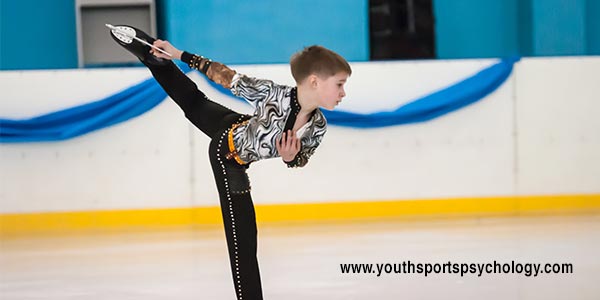
Helping Young Athletes Deal with Social Approval
Many young athletes worry too much about what others think of them. These athletes worry that teammates, coaches, parents and friends might think badly of them.
People who worry about what others think are struggling with social approval challenges.
Kids who think this way want to be admired, accepted, respected or liked by other athletes, coaches or teammates. Part of this is just human nature, but beware: Seeking social approval can become a confidence killer for young athletes.
Athletes who worry about what others think engage in a process called “mind reading.” They make unfounded assumptions about what others think of them.
When kids are sure others believe they are not performing well, it can undermine their confidence.
Truth is, kids can’t read others’ minds. The only way to know what’s inside people’s heads is to hear them say what’s on their minds.
A ball player recently told us that he thinks about what the coach is thinking about him. He believes the coach thinks he’s throwing too many balls. He thinks the coach will take him out of the game.
Young athletes need to understand that this type of mind reading kills confidence.
Athletes mind read into a lot of things that aren’t based in reality. So how can they stop mind reading?
They should first be aware of who they’re focusing on. Are they trying to read into the minds of coaches, parents, team mates or all of them?
Next, they need to identify some of their assumptions about others. Maybe they assume a team mate thinks they should be taken out of the game. Help them be aware of such thoughts, then cut those thoughts off. Help them refocus.
We worked with a volleyball player who said she thinks about what her parents are thinking while in the stands 40 percent of the time she’s playing. This is a big confidence buster.
She doesn’t have the mental energy to focus on what’s going on on the court. Like other young athletes, she needs to learn how to recognize what’s going on in her head and regroup so she’s no longer distracted by such thoughts. She should focus on whatever she needs to do right now during the game to be successful.
Bottom line: Kids need to recognize and banish assumptions about what others are thinking about them.
Related Articles on Youth Sports:
- How Can Mindfulness Help Young Athletes?
- Teaching Athletes to Feel The Pain of Failure with “Growth Mindsets” [Podcast]
- Athletes Who Worry About Who’s Watching Them Play
*Subscribe to The Sports Psychology Podcast on iTunes
*Subscribe to The Sports Psychology Podcast on Spotify
The Composed Sports Kid

“The Composed Sports Kid” audio and workbook digital download program for young athletes and their parents or coach helps kids cope with frustration and anger in sports. Help your sports kids learn how to manage expectations and let go of mistakes so they can keep their head in the game.
The Composed Sports Kid system is really two programs in one–one program to train parents and coaches how to help their kids practice composure, and one program that teaches young athletes–ages 6 to 13–how to improve composure, let go of mistakes quickly, have more self-acceptance, and thus enjoy sports more!
